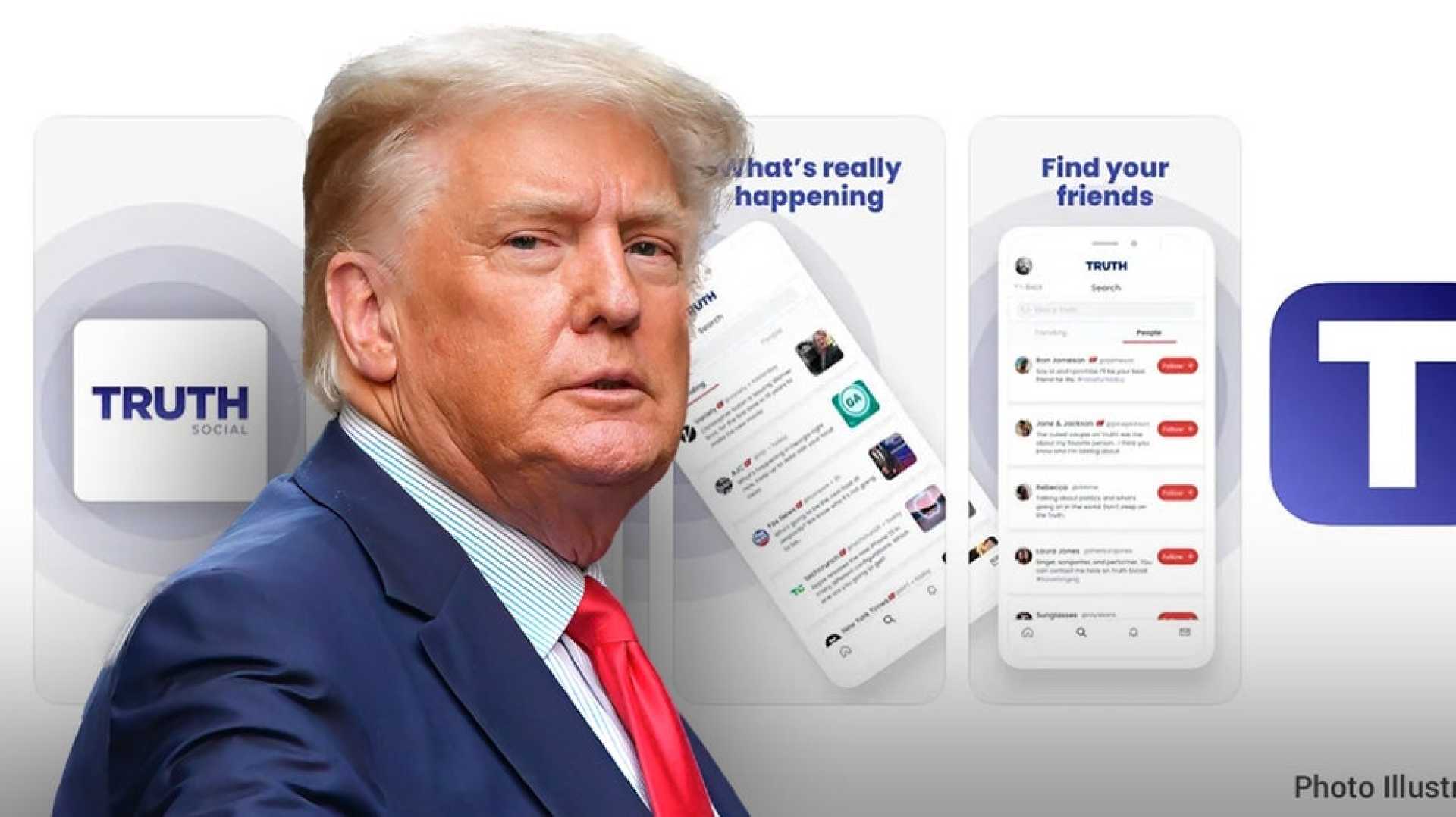Politics
Stock Markets Tumble as President Trump Posts Over 100 Times Amid Economic Fears

WASHINGTON (AP) — In a surprising display of bravado, President Donald Trump shared over 100 posts on his social media platform, Truth Social, on Monday, as the global stock market experienced a significant downturn amid growing concerns about a potential U.S. recession.
The president’s posting spree began at 11:44 a.m. ET, featuring a link to a Fox News article discussing British Prime Minister Rishi Sunak‘s defense spending plans before his visit to Washington last month. Trump’s subsequent posts primarily highlighted articles that praised his policies and achievements.
By 1:05 p.m., as the London FTSE closed down 1.4% and speculation about an impending U.S. recession intensified, Trump diverted attention with a post about the arrest of pro-Palestinian activist Mahmoud Khalil, whose detention sparked significant protests.
After a brief hiatus in posting, Trump resumed with a series of links addressing various policies, including a nomination for the Nobel Peace Prize from a Republican congressman, and shared messages of support from fellow Republicans.
As U.S. markets closed with the S&P 500 down 2.7%, the Dow Jones down 2%, and the Nasdaq plummeting 4%, Trump’s account turned to advertisements for “The Apprentice,” the reality show that played a pivotal role in his ascent to political prominence.
In a series of later posts, Trump criticized Canada as a “Tariff abuser” and praised Elon Musk as someone who is “putting it on the line” for the nation. He accused leftists of attempting to boycott Tesla, further deflecting from the economic concerns at hand.
The White House, facing mounting pressure, had officials anonymously explaining the president’s social media activity and attempting to alleviate concerns about economic instability. One official remarked, “We’re seeing a strong divergence between animal spirits of the stock market and what we’re actually seeing unfold from businesses and business leaders,” emphasizing that the latter is more significant for the economy’s medium- to long-term outlook.
Michael Wolff, a journalist who has written extensively about Trump, suggested that many posts on the account are not authored by the president himself but by Natalie Harp, an aide close to Trump. This distinction has caused confusion and frustration among some of Trump’s family members.
Sarah Matthews, a White House communications employee during Trump’s first term, indicated in congressional testimony that it is “painfully obvious” when the posts originate from Trump himself, referencing his unique phrasing and capitalization, compared to the more polished language typically used by aides.
Market analysts are increasingly worried that Trump’s current economic policies may exacerbate the conditions leading to recession. Despite a healthy labor market with a 4.1% unemployment rate and job growth in previous months, indicators suggest a troubling trend, including an increase of 460,000 people working part-time due to economic conditions.
Additionally, significant job losses were reported in the leisure and hospitality sectors, and federal payroll reductions by 10,000 indicate a possible warning sign about economic stability. The economic policy uncertainty index has risen by 41% since January, indicating troubling signs ahead.
Stanford economist Nicholas Bloom expressed concern about the potential of entering a “Trump recession,” attributing ongoing policy turbulence and tariff wars as significant risks to the economy. “Ongoing policy turbulence and a tariff war could tip the U.S. economy into its first recession in five years,” he warned.
In an interview airing Sunday on Fox News, Trump was asked to clarify his tariff strategy, which has spurred uncertainty in the markets. He attributed a recent 6% decrease in the stock market to “big globalists” and maintained that the tariffs could increase over time.
Despite the current turmoil, White House officials argued that recent job reports indicate the administration’s strategies are effective. Kevin Hassett, director of the White House National Economic Council, hailed the growth in manufacturing jobs as a sign that companies are responding positively to the administration’s policies.
Amidst these claims, economists remain skeptical about Trump’s assertions, noting that markets are responding negatively to his aggressive tariff policies. “The turn down the dark alley of tariffs signals higher inflation, slower economic growth and a weaker U.S. dollar,” commented John Silvia, CEO of Dynamic Economic Strategy.
As concerns grow over the economic direction under Trump’s leadership, the administration continues to navigate a landscape fraught with uncertainty and potential repercussions for U.S. workers and consumers alike.












